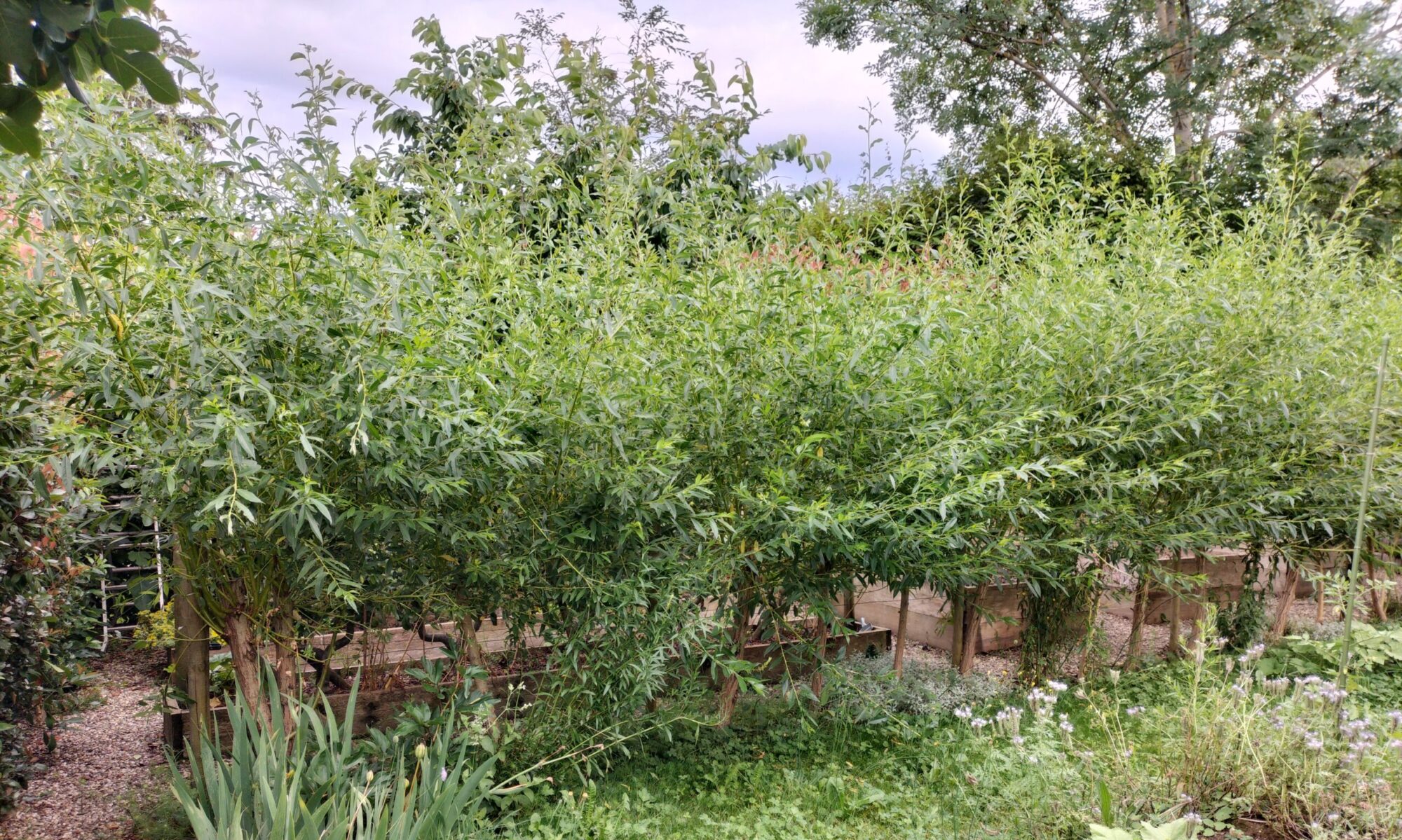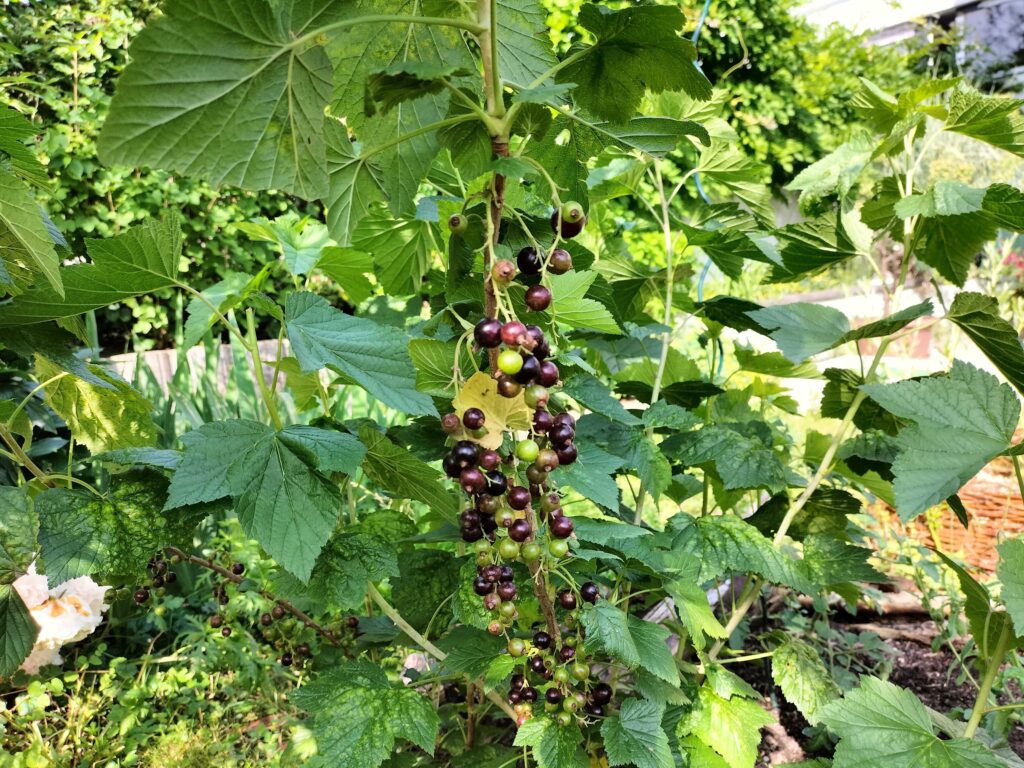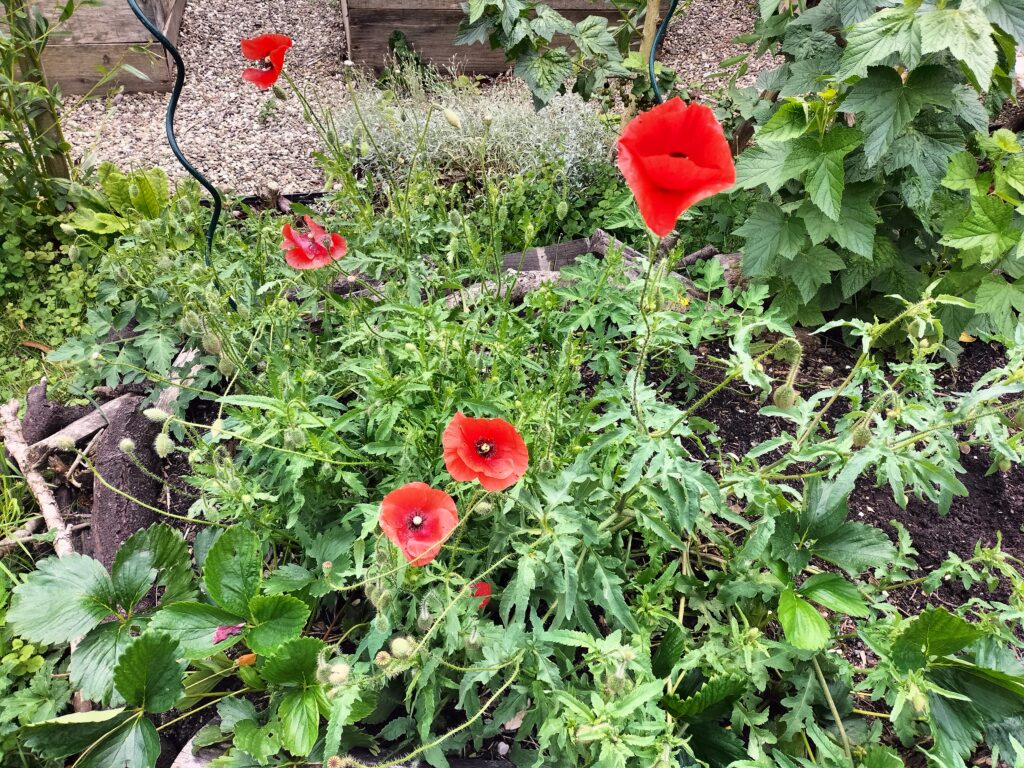Pentecost is another of those church events that I find difficult, and this morning I realised why. The original story (Acts 2:1-13) describes the coming of the Holy Spirit in the very physical forms of wind, fire and speaking in tongues.
In the circles in which I moved as a teenager, we were expected to have a similarly tangible experience of charismatic gifts, with the pinnacle being ‘slain in the Spirit’. But I was never slain in the Spirit nor gifted charismatically, which, at the time, left me feeling like there was something very wrong with me. Was I not worthy enough? Was I too closed? Did God not like me? (I knew he had to love me.) Now I see things differently, but there is still that place of vulnerability in me that wonders what I was doing wrong to not have this wonderful experience that others had.
I don’t believe that God hides from us; like Adam and Eve in the garden, we are the ones who hide from God – surely if we desire the Holy Spirit, she won’t refuse us? Even in traditions that don’t fall into the charismatic bracket, there is an understanding, expressed in liturgy and song, of the Spirit coming into people from the outside. Maybe it’s just semantics, but the language of being ‘filled with the Spirit’ implies that the Spirit is an external force that needs to be persuaded to enter into us, and probably in a limited way and only if certain conditions are met.
So how might we understand the Spirit differently? I love the idea of the Celtic wild goose, but spent too much time in close proximity to geese in my childhood to find it a genuinely helpful image (too much squawking and mud). Another concept is of the breath of God – something continually with us that keeps us alive, but that mostly goes unnoticed.
My current understanding is that the Holy Spirit dwells in that place within which is our point of connection to God, our inner being. This is something that every human being (and who knows, maybe all beings, and even all matter?) has within them, since we are made in the image of God. In this sense, as we are all connected to God – whether consciously or not – we are also all connected to each other through our connection to God. The degree to which we are in touch with this place is the degree to which we experience the Spirit; she isn’t something that God parcels out for good behaviour or right belief, but is available to all of us, all of the time. The Spirit is always there, but is sometimes experienced more deeply – when we reach into the depths of ourselves in silence or when we open ourselves to letting the Spirit bubble up out of our depths and into our consciousness, so that Out of the believer’s heart shall flow rivers of living water (John 7:38).
I don’t want to deny people’s dramatic experiences of the Holy Spirit, but I would like to reframe them in terms of moments of special grace. When we are open, the way to that inner point of connection with God is made wider and our experience of the Holy Spirit is deeper, and it feels like the Spirit has made her home within us in a special way (Jesus answered him, ‘Those who love me will keep my word, and my Father will love them, and we will come to them and make our home with them’ John 14:23).
Perhaps on the day of Pentecost a physical manifestation was needed to convince the early church of the radical new concept that the Spirit dwelt within them and connected them to Christ, or perhaps this is a mythical story to teach us about the universality of the Spirit and the power of connection to God. I don’t really mind either way, but what I do mind is when people feel that their experience of the Spirit (whether tangible or not) is not valid. God deals with each one of us as individuals and our very different experiences just cannot be compared.
The Spirit is within us, we are already connected with God; the invitation is to dig deeper into this reality.




